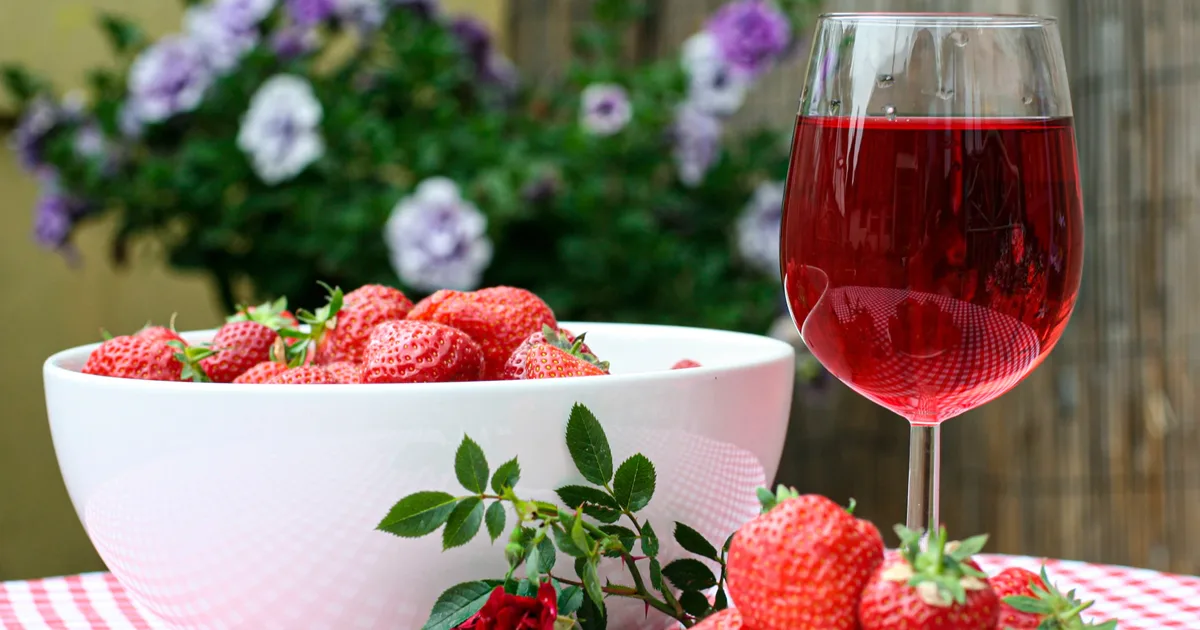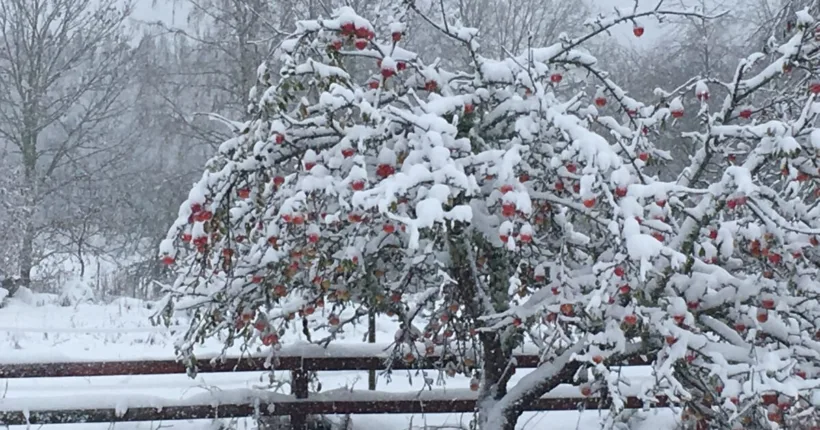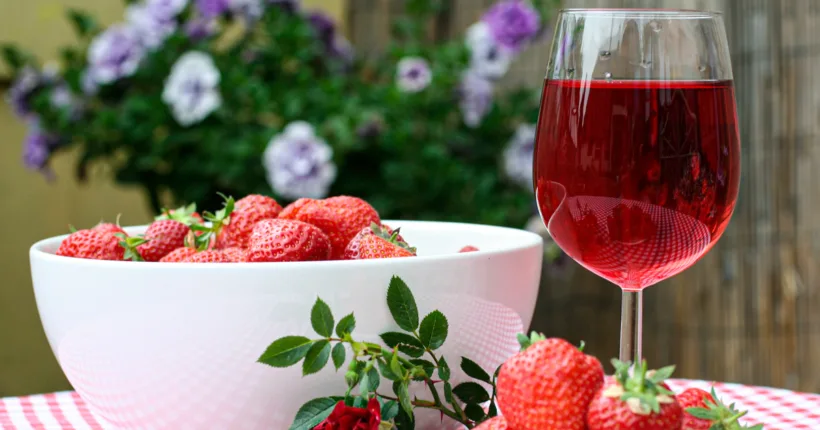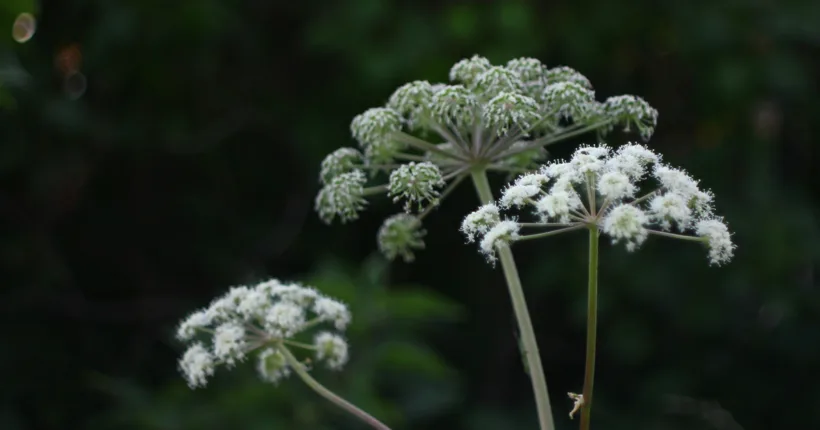Summer time is here, and with it comes the annual boom in consumption of rosé wine. Rosé wine is often sneered at by self-proclaimed wine connoisseurs, who implicitly assume this type of wine to be a modern fad, catering to those blasé elements in the chattering classes that do not actually like wine. This assumption happens to be erroneous on several levels. Firstly, rosé wine may well be the oldest type of wine, since it is actually far less complicated to manufacture from a process chemistry point of view, than red wine. Contrary to popular belief, rosé wine is not prepared by mixing red and white wine, but rather by applying white wine techniques on blue grapes. This means that when making rosé wine, the grape juice is quickly separated from the grape skins after pressing. When making red wine, on the other hand, the juice is allowed to remain in contact with the skins for days, or even weeks. This difference in process between red and rosé wines accounts for the differences in colour and mouth-feel.
From a chemistry point of view, the differences are attributable to the content of anthocyanins and tannins, respectively. Both these diverse groups of phenolic compounds are primarily found in the skin of the grape, rather than in the pulp. Quick removal of grape skins from the juice therefore decreases the amount of both anthocyanins and tannins in the final wine. This, in turn, translates as pale pink (rather than deep red) colour, and smooth (rather than drying) mouth-feel – voilà, c’est ca: rosé wine. Apart from contributing in a critical way to the character of the wine, anthocyanins and tannins also act as powerful antioxidants, and consequently as preservatives. That is why you can store away you red wines in your cellars for years, whereas your rosé should be consumed when young. From a chemistry point of view you therefore have all the reasons you need to uncork a bottle of rosé tonight. It will not get better with time, so enjoy it now while summer lasts! (and we do recommend the winery Puklavec and Friends! who have received well-deserved attention for their wines based partly on the local furmint grape)








